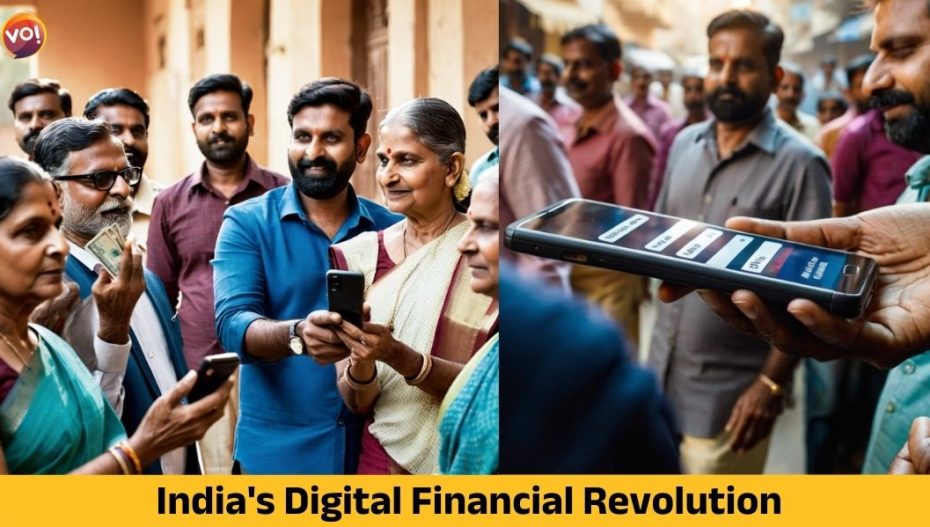In the fast-paced world of financial technology, the concept of “real-time” payments has become a key player in reshaping the landscape of financial transactions. In India, this shift has been particularly pronounced, with a staggering 46.8 billion real-time payments recorded.
Real-time payments, characterized by instantaneous fund transfers, mark a departure from the traditional delays associated with conventional banking systems. This innovation not only expedites transaction speeds but also enhances overall convenience, contributing to increased financial inclusivity and economic development.
Gujarat University Takes Action Against Food Stall Encroachments. Check Details
The ascent of real-time payments in India can be attributed to the widespread adoption of digital payment systems and a concerted push by the government towards a cashless economy. The Unified Payments Interface (UPI), introduced in 2016, has played a central role in this transformation. With its user-friendly interface and interoperability across various banks, UPI has become a linchpin in digital transactions, facilitating an exponential increase in real-time payments to reach an impressive 46.8 billion.
The implications of this surge in real-time payments are profound for financial inclusion. As smartphones and internet accessibility reach even the remotest corners of the country, individuals who were previously excluded from traditional banking systems can now participate in formal financial transactions. Real-time payments empower these individuals by providing a secure and efficient means of engaging in financial activities.
Moreover, the rise in digital payments contributes to the reduction of cash transactions, helping mitigate illicit activities and fostering transparency in the economy. Businesses, too, reap benefits from the efficiency gains in managing cash flow, reduced transaction costs, and overall improved productivity.
PM Modi to Inaugurate Surat Airport’s New Terminal and Surat Diamond Bourse. Read Story
Despite these advancements, challenges such as cybersecurity threats, fraud, and the continuous need for infrastructure development persist. Addressing these challenges is crucial to sustaining the momentum of real-time payments and ensuring the security of digital transactions.
Looking ahead, the future of real-time payments in India appears promising. Ongoing innovation, regulatory support, and investments in cybersecurity infrastructure will be essential to maintaining user trust and upholding the integrity of digital transactions. Collaboration among the government, financial institutions, and technology companies will play a pivotal role in creating a resilient and secure ecosystem conducive to further growth.
India’s achievement of 46.8 billion real-time payments reflects a transformative shift in the nation’s financial landscape. The widespread adoption of digital payment systems, especially through platforms like UPI, not only revolutionizes transaction dynamics but also paves the way for increased financial inclusion and economic growth. As India continues to navigate challenges, it stands poised to lead the global evolution of real-time payments.
Adani Group Stocks Surge 20%, Propelling Gautam Adani to Second Richest in Asia. Check Details











